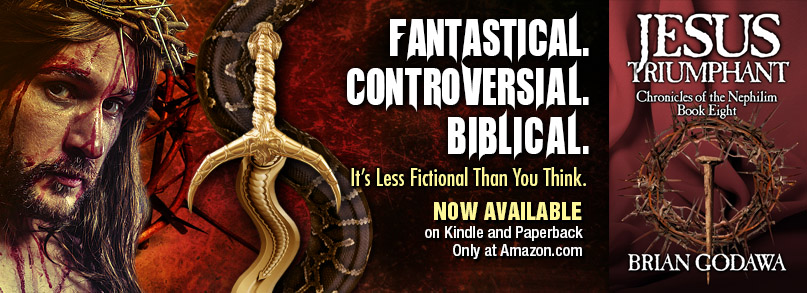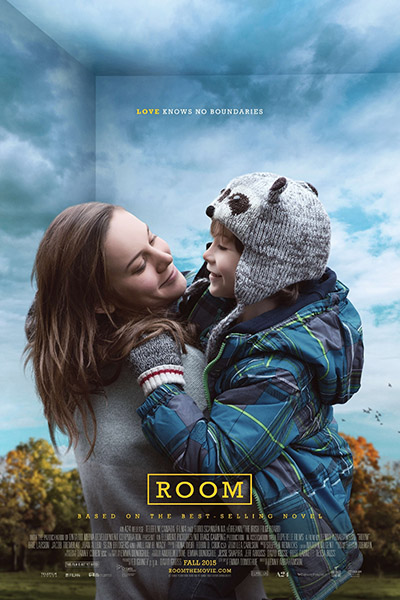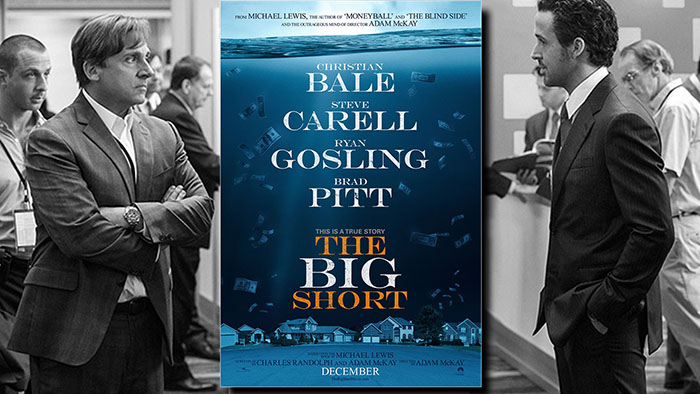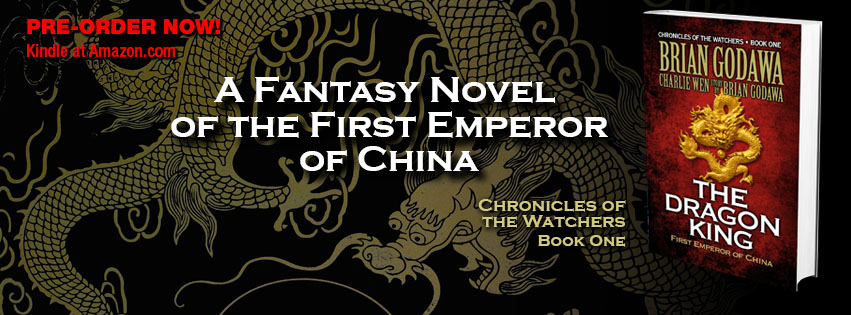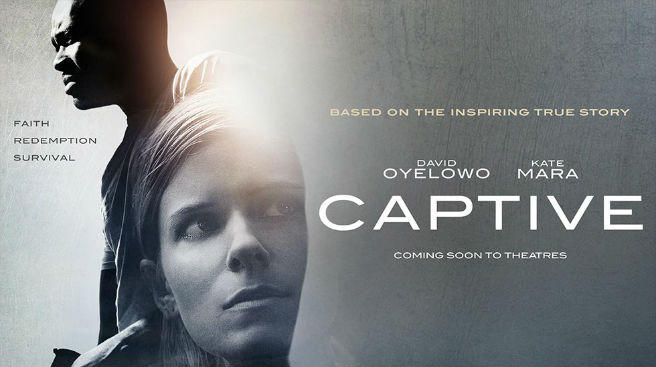
OPENS THIS FRIDAY.
Biopic of Jesus as a child becoming aware of his identity as the Son of God.
I saw an early screening of The Young Messiah that is set to release THIS FRIDAY.
Written by Betsy and Cyrus Nowrasteh, and directed by Cyrus Nowrasteh.
I’m the guy who wrote the critique of the Noah script by Aronofsky that went viral and exposed its anti-Biblical agenda. I’m not a fundamentalist, but I represent and understand a significant huge proportion of the contemporary Christian viewing public who are totally okay with creative license when it comes to Bible movies, AS LONG AS YOU DON’T SUBVERT THE ORIGINAL MESSAGE. That’s what Noah did, and that’s what Exodus did. They subverted the Biblical narrative with their own paganism and atheism. And that is why they failed in terms of audience potential (along with just being plainly bad movies). Biblical fidelity is not about petty details, but about the meaning.
Biblically Faithful
I am here to say that the new film coming out in March, The Young Messiah, is NOT one of those films. The Young Messiah is a great movie, well told, and very faithful to the spirit of the Gospel of what it may have been like for the young seven-year old Jesus to come of age as the Son of God. I highly recommend it for all Christians. It’s warm, touching and a beautiful portrayal of the chosen family struggling through extraordinary times and extraordinary difficulties with an extraordinary child. There is humor with a lovable yet rascally uncle Cleopas, and brilliant villainy with a skanky Herod Antipas, as well as a blond beautiful Robert Downey Jr.-like Satan.
It’s always tough to depict Satan. Gibson’s androgynous female with mutant baby was brilliant, but this one is great for a different reason. The New Testament describes Satan as a deceptive angel of light, so making him beautiful creates an eerie irony as he seeks to figure out what the plan of the young Messiah is, since the New Testament says the principalities and powers didn’t really know what the plan was, otherwise they wouldn’t have crucified him (1Corinthians 2:8).
And the story adds a dramatic stakes of life and death with a Roman centurion played by Sean Bean hunting down the elusive child on orders from Herod Antipas to kill him (because of the failure of his father to do so at the Slaughter of Innocents in Bethlehem years earlier). This was a brilliant addition to the story that was not in the novel, but makes the story more exciting as a movie. (Of course, it’s hard to make the danger seem real cause we know that he won’t ultimately kill Jesus, but the drama and suspense are still entertaining, as is the centurion’s own spiritual journey, since he had participated in the original Slaughter of Innocents)
Not Sectarian
It is adapted from Anne Rice’s Catholic novel, Christ the Lord: Out of Egypt, but it does not take a Catholic or Protestant view. It seeks to depict that story within its original ancient Near Eastern Jewish context rather than from a sectarian perspective. Even the title change represents that focus with its more Jewish title of “Messiah” over the Greek “Christ.” Both Catholics and Protestants will love the beautiful and strong, yet devout and submissive Mary in this movie as “blessed among women,” who “rejoices in God, her Savior.” And while there are obviously some fictional miracle scenes, they are entirely within the parameters of possibility and don’t contradict Scripture. This is doctrinally safe imagination.
Son of God, Son of Man
Admittedly, it is a controversial and difficult story to tell because of the delicate theological issue of balancing Christ’s divinity with his humanity. After all, the Gospels do reveal that Jesus was NOT omniscient. That he had to grow in knowledge and wisdom (Luke 2:52), and that means he had to learn. Heck, it even says he also “increased in favor with God.”
Now the problem is that Christians have so emphasized Christ’s divinity, that we have sometimes neglected to balance that truth with his equally fully human identity. We therefore start to think of Jesus as some kind of Greek god waiting to grow up so he can reveal what he’s known all along. But that simply isn’t the truth. The only story of young Jesus in the Gospels is the one where he is left behind at the Temple at age twelve and when his parents go back to get him, he said to them, “Why were you looking for me? Did you not know that I must be in my Father’s house?” (Luke 2:49). So, he understood his relationship to God the Father with some degree at age twelve. But beyond that, we simply don’t know. And if he wasn’t omniscient, as the Scriptures say he wasn’t, then there had to be a kind of realization that took place in his life in earlier years.
So what would it have looked like for Jesus’ identity to dawn upon him? What would life with the Son of God as a child look like? Again, an admittedly controversial topic to take up, but I think the movie does a great job of maintaining Christ’s divine identity while exploring the dilemma of his humanity in relation to that hypostatic union.
Here is a great article by N.T. Wright about Jesus’ Self Identity as Messiah that gives orthodox scholarly weight to that consideration. (Follow up article)
This is not the sinful humanity of The Last Temptation of Christ, or the gnostic otherworldliness of Jesus of Nazareth. This is a young child becoming aware that his miraculous power comes from his identity as the god-man. One of my favorite moments is a beautiful monologue of the boy Jesus explaining his new understanding of himself as Messiah in the flesh. He needs to experience all the joys, the pains, the happiness and sadness, of being human from birth to death. Why? So that we would have a redeemer who would know what it was like to be one of us. The Incarnation (Hebrews 4:15).
The Young Messiah navigates this delicate theological issue with a faithful and reverent dexterity.
No Hollywood Insanity
I think partly the reason for this Biblical fidelity is because it is independently produced outside the studio system. A major distributor, Focus Features, was wise enough to pick it up for distribution, but studio producer Chris Columbus had to get independent funding to make it. The reality is that Cyrus and Betsy are independent filmmakers who also made the brilliant and courageous, Stoning of Soroya M. (about the evils of sharia law). It takes the ability of free thinking independents to bravely portray faithful Judeo-Christianity.
I happen to know the Nowrastehs, but I told Cyrus I would not be a shill for them in my blog post, especially when it comes to my Lord Jesus Christ. I will speak honestly and freely. And so I have. Unlike certain other Christians paid in silver by the studios to trick the Body of Christ to support the abominations of Noah and Exodus. And also, unlike Noah, the original script for The Young Messiah changed quite a bit from script to screen…
The Power of the Gospel Story
Here is the most amazing part of the story to me. The director explained in a Q and A that though his wife and co-writer was already a Christian believer when they began the project, he was not. And making the movie The Young Messiah, was the culmination of a long spiritual journey that resulted in him becoming a Christian and being baptized. Even more fascinating, he had been raised in a Muslim household, but spent most of his adult life with a more secular worldview. That shows how exploring the story of the genuine Biblical Jesus transforms a person’s life.
Go see this movie on its opening weekend and let it transform yours. Remember, you must go on the opening weekend to help the movie stay in the theaters and have real impact. And of course, social media rules, so share, share, share!
CHRISTIANS, IF YOU WANT HOLLYWOOD MOVIES TO REFLECT MORE OF YOUR VALUES AND BELIEFS, YOU MUST GO TO THE THEATER TO SUPPORT MOVIES LIKE THE YOUNG MESSIAH ON OPENING WEEKEND OR YOU WILL NOT GET ANY MORE OF THEM.
One side note of amusement. Because the writer/director is Persian, Hollywood Christophobes and Left Wing Identity Police are going to have a difficult time accusing him of racism for not casting every single actor from the Middle East like they accused Ridley Scott on Exodus. Gotcha, haters!
UPDATE: After reading concerns by well-meaning Christians questioning the fictional aspect of The Young Messiah, I wrote this:
Question: Why should Christians support a movie that tells us a fictional story about Jesus, when Scripture is silent on the matter?
BG: First off, The Young Messiah is not a perfect movie. But it’s not Scripture, so we shouldn’t place that impossible demand upon it. It doesn’t have to be perfect to be appreciated.
Secondly, all retelling of Bible stories fills in gaps with fiction. Heck, when you are reading the Bible, and you are picturing the scenes in your own mind as you read, YOU are creating fiction in your head that is not in the text. You are imagining what they look like, what they wear, what the location looks like — all things that are fiction because you don’t know what everything looked like or where everything happened. So be careful of that double standard. I caution people not to accuse others of what they do themselves when reading the Bible.
That said, I have retold my share of Bible stories, and the main moral question to ask when creating those fictional elements is: Does this fit the spirit of the text, if not the letter? Does it maintain the meaning and the message? God did not give us a word formula to recite as the only means of salvation. He gave us our imaginations to retell that Good News in many different ways.
Q: How can biblical fiction movies such as The Young Messiah benefit Christians and the church?
BG: The power of theater and drama is the power of making the abstract concrete, of incarnation. I don’t mean the doctrine of Incarnation, but the power of embodiment through story. By seeing Bible stories dramatically acted out, we come into contact with truth in an existential and emotional way. It makes those doctrinal affirmations more rooted in our soul than mere mental assent. By seeing the young Jesus dramatically wrestling with his own incarnation in a movie, we can understand the depth of that doctrinal truth in a way that mere abstract rational contemplation cannot achieve.
